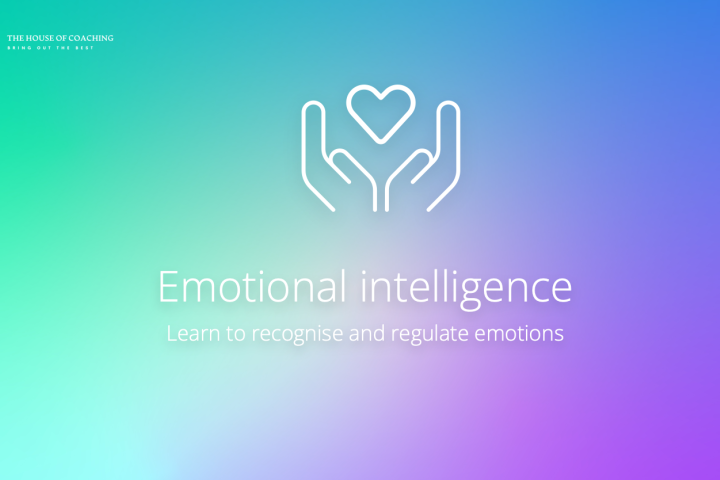Perception

While filtering information, certain elements are omitted and others are instead more emphasised or distorted. This happens because our filters determine our attention and focus. As a result, people may have different perceptions of the same reality, depending on their filters and interpretations.
It is important to understand that our perceptions do not always match reality. By being aware of the filters that influence our thinking, we can become aware of our own perceptions and those of others. This can help reduce conflict and promote better communication and understanding.
Perception errors are ubiquitous, and we all make them, even if we don't realise it. Here are some fun examples:
- The classic optical deception, where you look at an image that your brain interprets as something other than what is really there. For example, a drawing of a staircase that cannot actually exist.
- The well-known "word-based" syrup effect: where we take longer to name the colour of a word when the word itself names a different colour than the one we see. For example, if the word "red" is written in green, it takes us longer to say that the text is green.
- The halo effect: where we have a general impression of someone's character or personality and this influences our assessment of other aspects of that person. For example, if we find someone attractive, we will subconsciously assume they are also smart or competent.
- The contrast effect: where perception of something is influenced by the characteristics of the things that preceded it. For example, if you have been looking at an expensive bag, another bag may appear to be much cheaper than it really is.
- The self-affirmation effect: where our own beliefs colour our perception of reality. For example, if we believe that people of a certain political persuasion are all bad, we are more likely to see the bad in any action taken by someone of that political persuasion.
With these examples, we give an idea of the different ways perception can be influenced and how we can sometimes draw wrong conclusions.

